With the New President, Can Lebanon Chart a Course Toward the West?
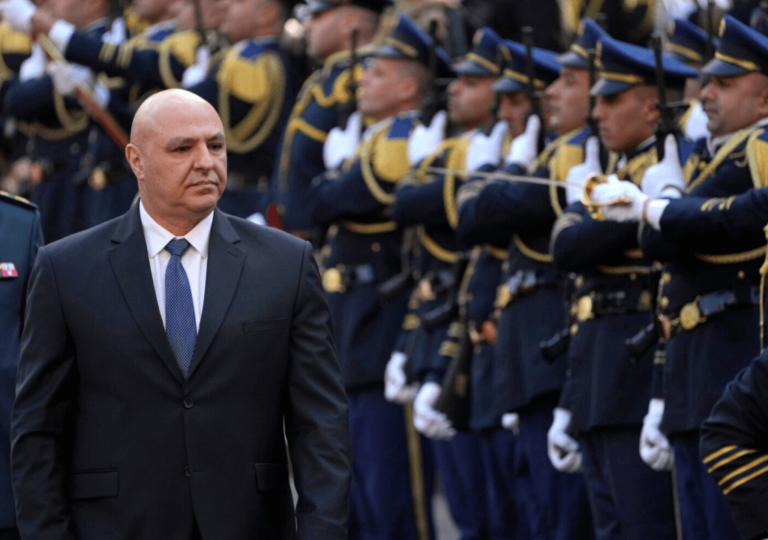
Lebanon elects Army Commander Joseph Aoun as president, signaling a shift away from Iran's influence and hope for stability

Lebanon elects Army Commander Joseph Aoun as president, signaling a shift away from Iran's influence and hope for stability
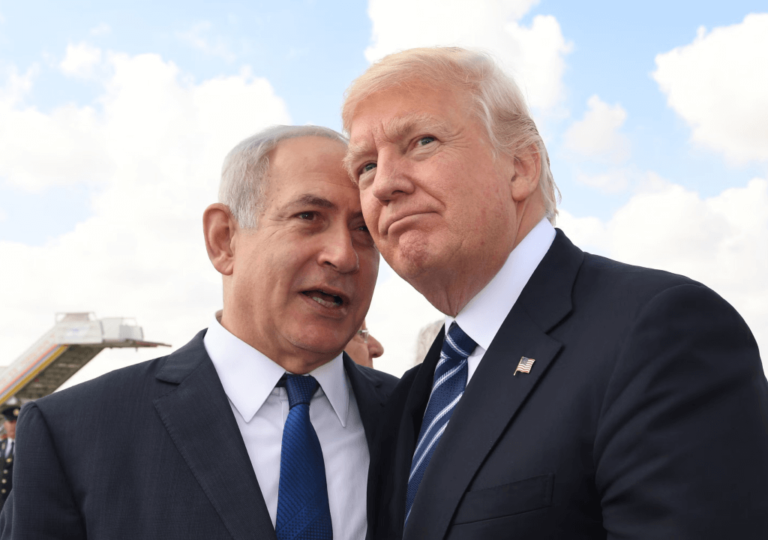
Donald Trump aims to broker a Gaza ceasefire as he begins his second term, emphasizing urgent negotiations and hostages release
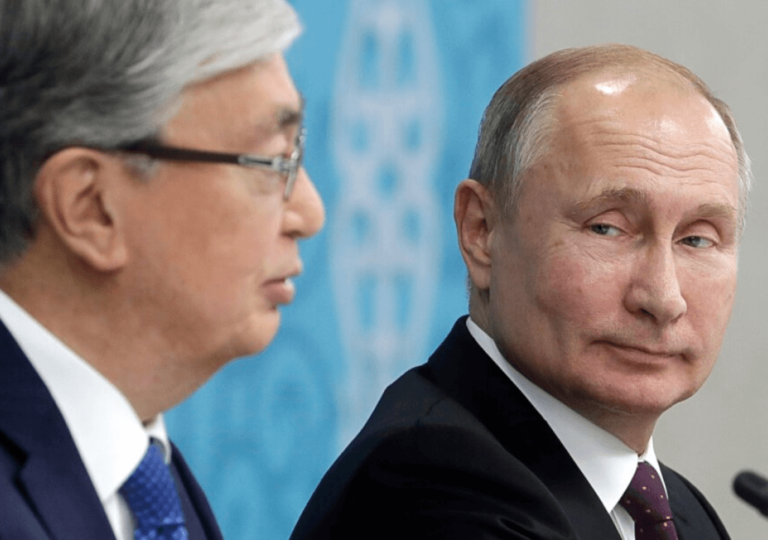
Russia apologizes to Azerbaijan after accidentally shooting down a civilian plane, straining their historic alliance
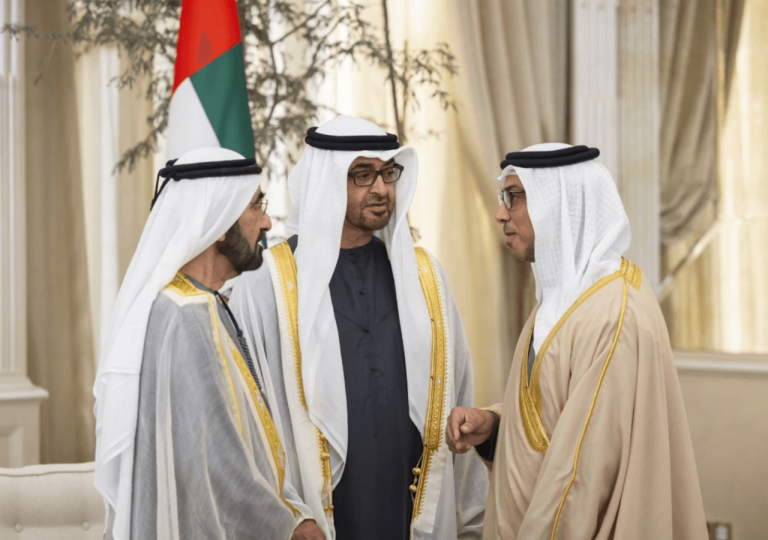
The UAE's strategic influence in Africa through diplomatic efforts, investments, and soft power initiatives
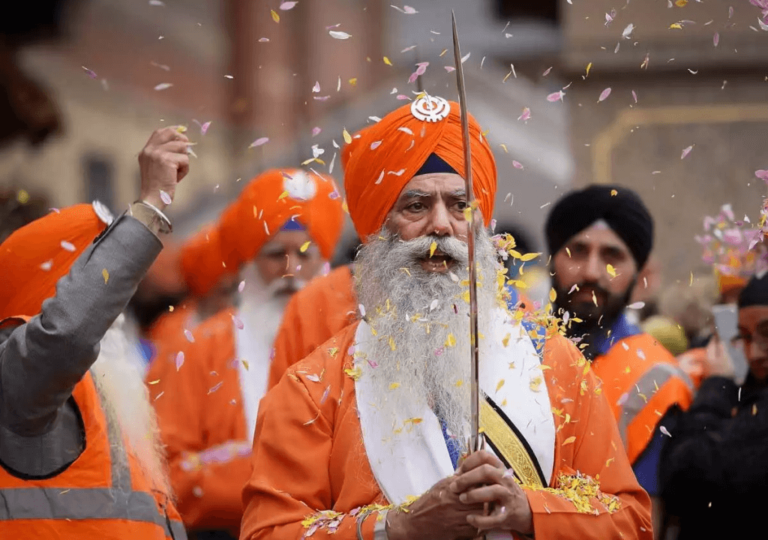
Sikhs have long sought political autonomy, leading to tensions over Khalistan amid rising nationalism in India
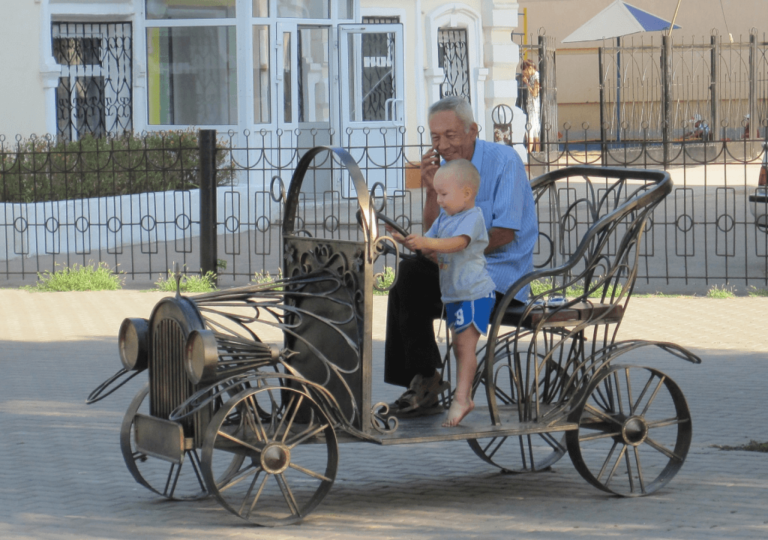
Kazakhstan's economy suffers as reliance on Russia deepens amid sanctions, leading to currency depreciation and rising inflation
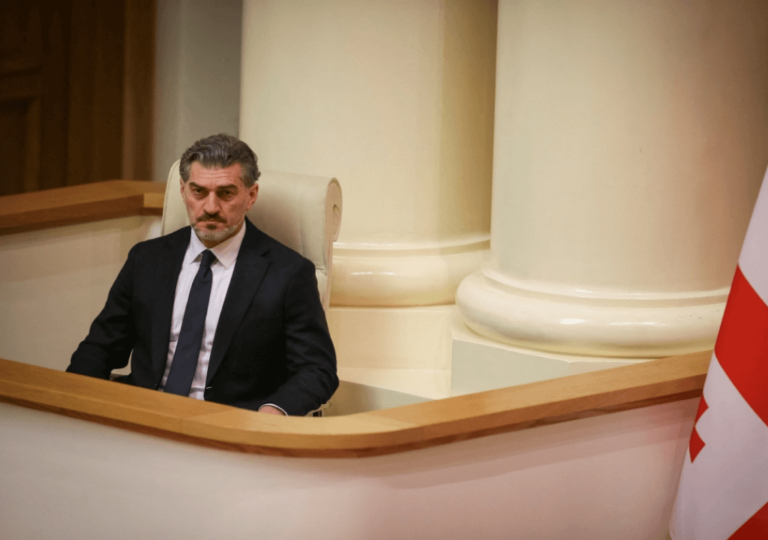
Georgia faces a political crisis as protests erupt against a pro-Russian government and its newly elected president
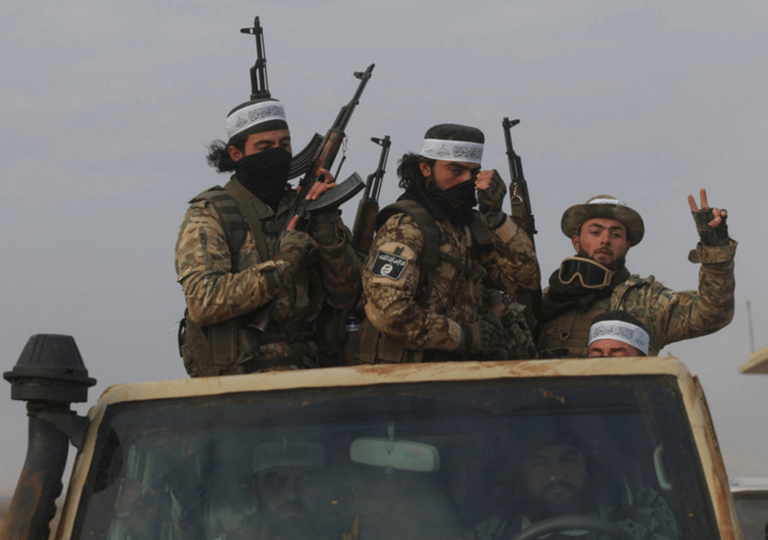
Syria's civil war continues, fueled by foreign interests and ongoing clashes among multiple factions, resulting in immense suffering
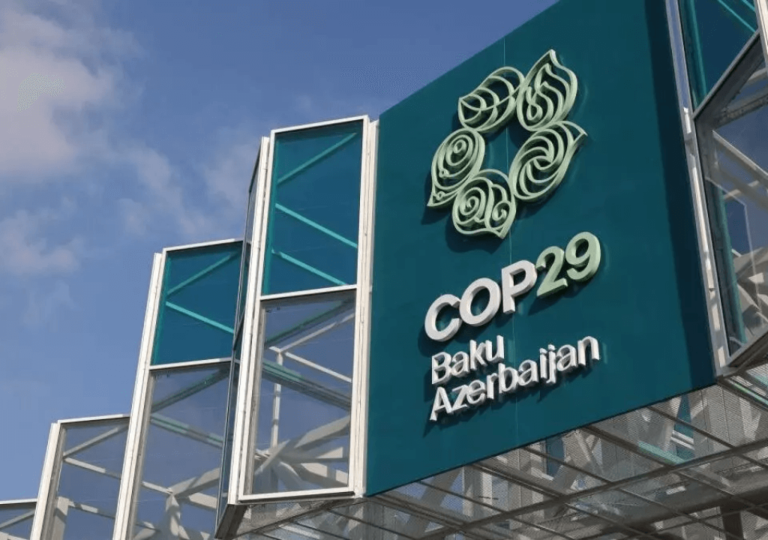
COP29 in Azerbaijan faced criticism for its focus on oil and lack of significant climate action
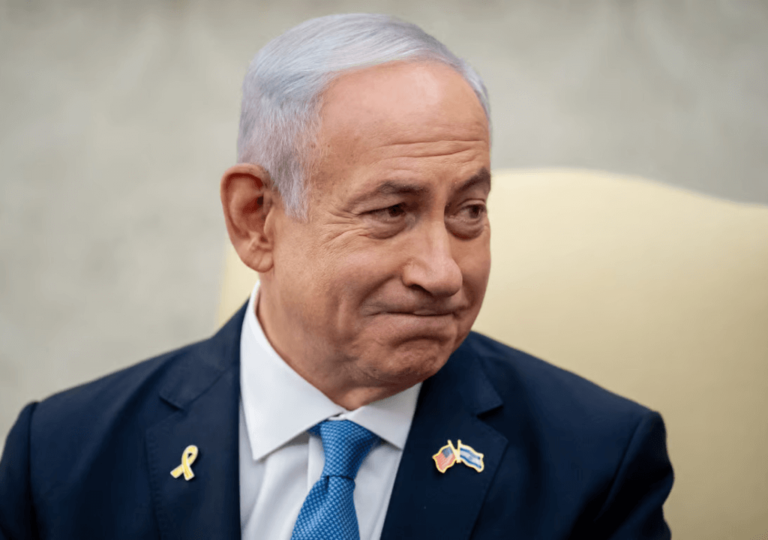
International Criminal Court issues arrest warrants for Netanyahu and Gallant over alleged war crimes and crimes against humanity in Gaza